Why People Stop Being Friends
While it took only a few hours to binge watch the entire third season of Netflix series On My Block, the last 8 minutes of the final episode has left me scarred for days. In a time jump teaser lasting only a few minutes, fans see that a lot has changed with the core 4. While many of us were excited to see Monsai thriving and Ruby and Jasmine still together, it appears that Jamal has made new friends on the football team, no longer acknowledging Ruby as he walks by. Even more tragically, Caesar appears to be heading up the Santos gang, no longer friends with the group and bearing a broken heart tattoo (ominously hinting at the break up between him and Monsai). As my little teen heart breaks, it is also left questioning. As we grow and change, why do so many of us stop being friends?
When a trauma-bond breaks…
Although we would like to think that most of our childhood friendships are created through interest sharing or neighborhood proximity, the reality is, that many of our friendships are created through trauma bonds or a unique closeness or relationships created after or as a byproduct of a distressing or life altering event. Perhaps you and your high school best friend became close when you had no one to sit next to at lunch, or maybe you were at a party and had no one to dance with when your new friend so and so stepped in. I can distinctively recall making (what I thought would be) a life-long friend in seventh grade when I couldn’t find anywhere to sit on the bus. If you were 13 years old at any point in this life, you can probably imagine how traumatizing it can be to feel like you don’t have a place in school. Having someone pull you in, as my childhood friend did, making you feel less alone at this very fragile time in your identity development can be critical in your overall self-view.
When you want different things…
Have you ever hung out with a group of high school friends a couple of years after you have graduated? Those hang outs certainly hit different after many of us have seen more things in the world outside of our small towns. As we grow and change, so do the things we want out of life. For many of us, childhood friendships end when we decide we want different experiences that may not be shared by our adolescent cohort.
When your values change…
Through the engagement of different experiences naturally brings the development of new values. As we embark on new challenges and overcome life’s obstacles, we begin to foster values that support our world view. For many of us, particularly for people who identify within a marginalized groups, we begin to identify more intensely with our background and related social experiences. It is these experiences that allow to become the creators of our own narrative and the self-authors of our lives (Baxter-Magolda, 2008).
While we can all hold out hope that the core-4 will find their way back to each other, it is clear that if their journey mirrors ours in anyway, we may be looking at a very different crew come season 4.

